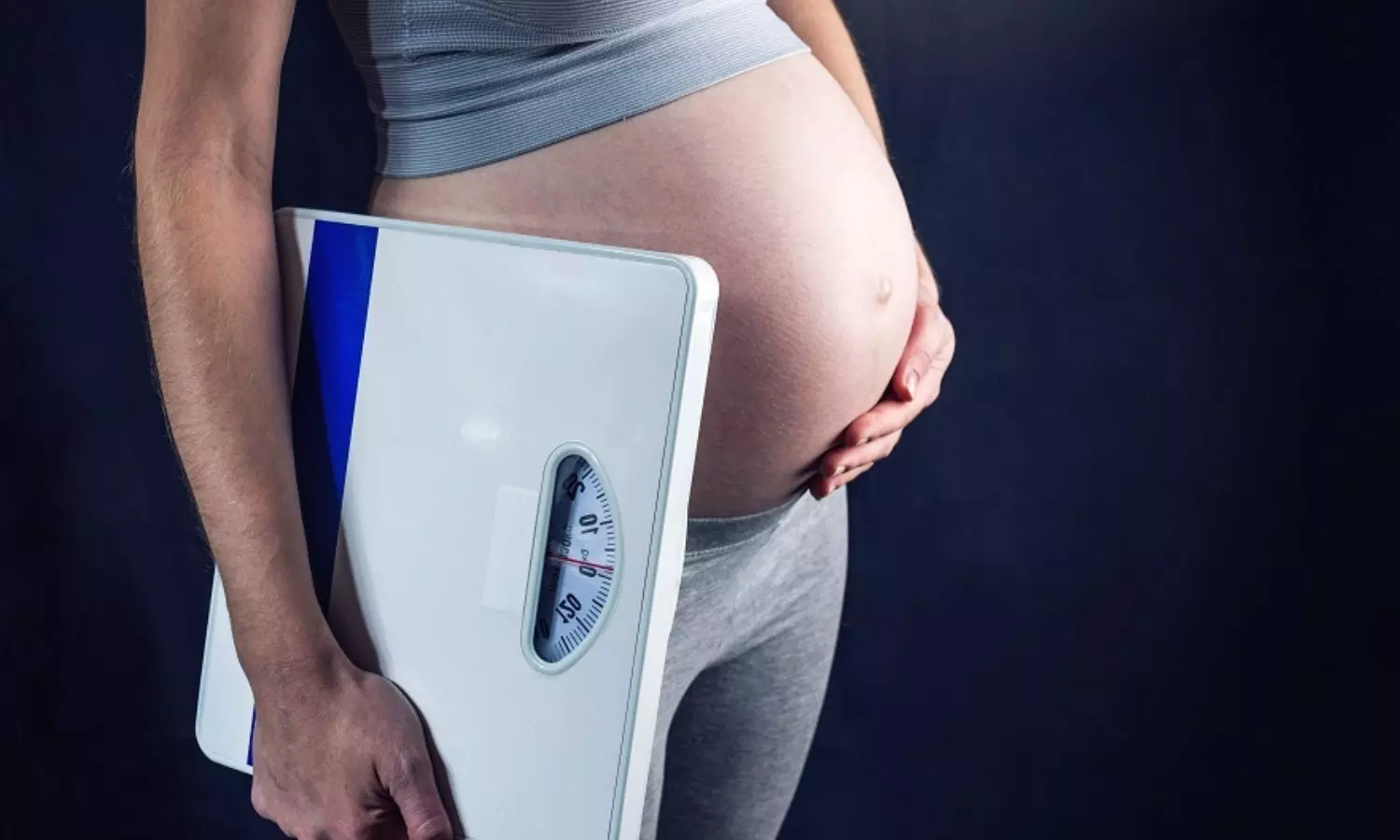Post-Bariatric Surgery Pregnancies Pose Higher Neonatal Risks Despite Maternal Benefits

Researchers found in a new study that pregnancies after metabolic bariatric surgery (BS) are linked to both maternal health improvement and more neonatal risk. A national study done in France included 55,941 pregnancies after BS over 10 years and revealed that pregnancies following BS were less common for gestational hypertension, preeclampsia, and gestational diabetes but higher risk of SGA babies, prematurity, stillbirth, and perinatal mortality. This study was published in The Lancet Regional Health journal by Pierre B.L. and fellow researchers.
The analysis was done on data from a French nationwide retrospective cohort of post-BS pregnancies between January 1, 2013, and December 31, 2022. 55,941 post-BS pregnancies were compared to 223,712 control pregnancies that were matched for delivery date, parity, age, obesity, hypertension, diabetes, and socioeconomic status. 11,777 post-BS pregnancies were also compared with pre-BS pregnancies in the same women. Generalized estimating equations and conditional logistic regression were employed to evaluate maternal and neonatal outcomes, with testing of interactions with BS type, time from BS to conception, and malnutrition.
Maternal Outcomes
Post-BS pregnancies compared with control pregnancies were associated with a lower risk of maternal complications:
-
Gestational hypertension was lower (OR 0.57, 95% CI 0.53–0.62).
-
Risk of preeclampsia was lower (OR 0.59, 95% CI 0.55–0.64).
-
Incidence of gestational diabetes was lower (OR 0.64, 95% CI 0.62–0.66).
-
The reductions were even greater when compared to pre-BS pregnancies.
Neonatal Risks
Post-BS pregnancies were linked with higher neonatal complications:
-
Risk of SGA was significantly increased (OR 1.74, 95% CI 1.68–1.79) when compared to controls and even greater (OR 1.88, 95% CI 1.64–2.16) when compared to pre-BS pregnancies.
-
Risk of prematurity was increased (OR 1.27, 95% CI 1.22–1.31) when compared to controls but was not significantly different from pre-BS pregnancies (OR 0.95, 95% CI 0.85–1.06).
-
Risk of stillbirth was increased (OR 1.2, 95% CI 1.06–1.35), mostly mediated by SGA.
-
Risk of perinatal death was increased (OR 1.5, 95% CI 1.13–1.99), mediated by prematurity and SGA.
Risk Factors for Neonatal Complications
The research identified certain factors that increased neonatal risks:
-
Malnutrition: SGA risk was increased (OR 2.38, 95% CI 1.96–2.88) and prematurity (OR 2.45, 95% CI 1.99–3.00).
Decreased intervals between BS and conception:
-
<6 months: Higher SGA risk (OR 1.95, 95% CI 1.72–2.21, pinteraction = 0.01).
-
6–12 months: Increased SGA risk (OR 1.86, 95% CI 1.70–2.04, pinteraction = 0.02).
-
Gastric bypass surgery: Increased SGA risk (OR 1.88, 95% CI 1.77–2.00, pinteraction = 0.027) and prematurity risk (OR 1.46, 95% CI 1.36–1.57, pinteraction = 0.0003).
The study authors concluded that pregnancies after bariatric surgery are accompanied by a reduced risk of maternal complications but with higher risks for adverse neonatal outcomes, especially SGA, prematurity, stillbirth, and perinatal death. Pregnancies after BS need special prenatal care to provide improved maternal and neonatal outcomes.
Reference:
